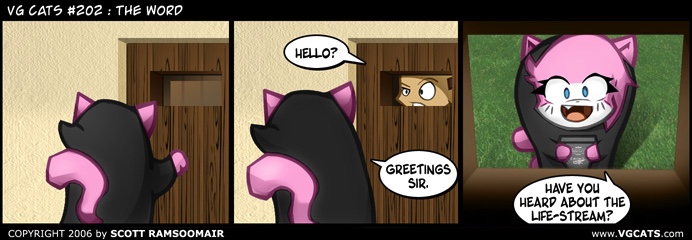Just what I needed, a reasonably hard SF adventure story.
In the Eighteenth "Occupation" of the solar system, millions of years after the Sun & planets have gone boom, monkey-people more or less like us live in millions or billions of habitats, from Little Prince-style planetoids to big cylinders, and solar sail & ion drive ships cruise between them looking for ancient booty in booby-trapped worlds called baubles (not quite to be confused with Vernor Vinge's Bobbles). It'd make a great RPG setting, and there's at least 3 things I plan to steal^W liberate for my SF game.
Character expectations are subverted often: The protagonist Arafura Ness & her sister Adrana, seem like "nice" pseudo-Victorian girls until they run off to join a ship, the robot Paladin seems like a harmless nanny or tutor until it isn't, the ship's crew start out rough but soon you get some sense of who they are and why, and the specific jobs in bauble-hunting make sense. The villain's a right bitch, but there's a justification… But the title tells you how Arafura sees things. While the girls and Captain Rackamore in particular are sometimes fools, at no point do I lose interest in anyone or feel annoyed by them existing and taking up pages, like everyone in The Stars are Legion.
I have a slight complaint in that the bauble worlds, the mechanics of the traps & treasure troves, are barely touched on, and I want a detailed sourcebook with maps and diagrams, or at least an inside cover map of Fang like Treasure Island. The physics isn't given in enough detail for me to check Reynolds' math, but it's not wildly implausible, just handwaved.
“Very well, Just Fura. I make no promises. You look like a barefoot street waif and you’ve got spite in your eyes. You’ve been on the glowy and that never sits well with me, especially if it gets in the grey. But if you’re half the Bone Reader you think you are, maybe you have something to offer.”
“I’ve plenty to offer,” I said. “Intelligence. Baubles. Fortune. Quoins.”
I spared him the bit about bloody retribution.
★★★★½
It's Reynolds doing "YA", more in the style of a Heinlein juvenile than the usual trash of that genre, but that also means it's mainstream enough that children who can neither read or think have taken to posting meme-image "did not finish" "reviews". Ignore them. Trust only in me.
Update: Reynolds wins the Locus award for best YA novel, and clarifies its YA-ness
